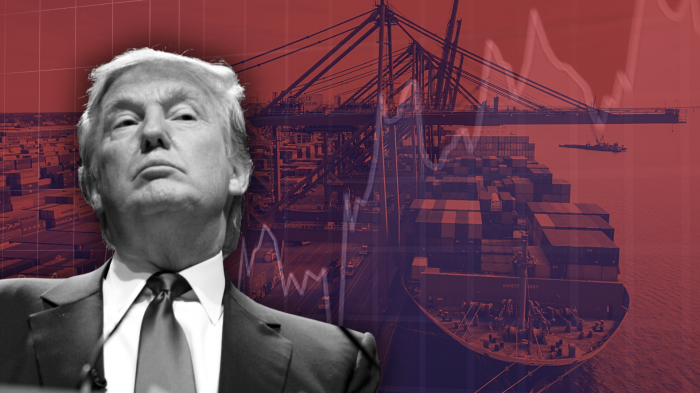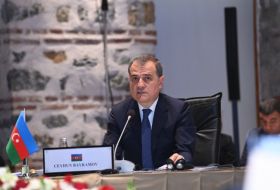On Thursday, Trump signed a memo that instructed staff to develop custom tariffs for each country, taking into account features such as their existing tariffs, exchange rates, trade balances and other rules, AzVision.az reports, citing BBC.
In outlining its concerns, the White House said that tariffs imposed by other countries were not necessarily the biggest issue, singling out the European Union for other policies the Trump administration said put US exporters at a disadvantage.
While big questions remain about the plans, the announcement is likely to kick off trade talks around the world.
The memo signed by the president asked that staff report back for a plan for "reciprocal trade and tariffs" within 180 days.
Trump's pick for Commerce Secretary, Howard Lutnick, said his team would be ready to hand a plan to the president by 1 April.
Trump cast his plan for so-called reciprocal tariffs as part of his effort to bring investment to the US and boost manufacturing.
"If you build your product in the United States, there are no tariffs," he said, adding that he was "just doing what was fair".
"In almost all cases, they're charging us vastly more than we charge them but those days are over," he said. "This should have been done a long time ago."
As well as the European Union, Trump's moves are expected to have an impact on trade relationships with countries such as India, Vietnam and Thailand, which have relatively higher tariffs and rely on the US as a big market for exports.
Trump signed the memo ahead of a meeting with Indian Prime Minister Narendra Modi, who has already taken steps to reduce tariffs on key items such as motorcycles, which Trump made an issue during his first term.
Still, he vowed reciprocal tariffs on Indian imports at a joint press conference with Modi on Thursday: "Whatever India charges us, we charge them."
In recent days, officials in Thailand and Vietnam have also said they were reviewing trade with the US.
Ahead of Trump's announcement, the European Union said it was committed to "maintaining a close partnership with the US".
"We will continue to seek constructive engagement," Olof Gill, the commission's spokesperson for trade said. "At the same time, we stand ready to protect our interests."
More about: UnitedStates DonaldTrump















































